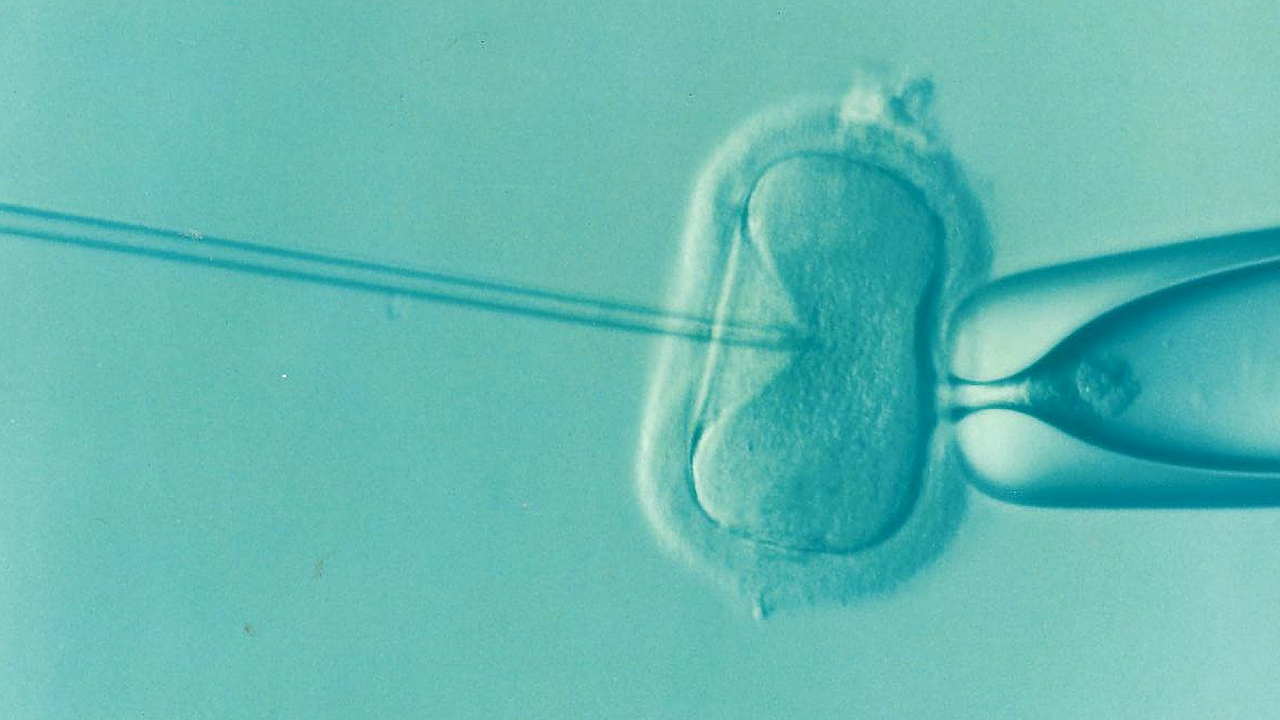IVF patients are often advised to abstain from sex for two weeks following their embryo transfer. This is because sexual intercourse can trigger uterine contractions that could prevent an embryo from implanting.
However, some couples are reluctant to adhere to this recommendation and have sex during the 2-week wait. Thankfully, there is no solid medical evidence that sex harms the embryo or causes miscarriage.
Know Your IVF Pregnancy
IVF treatment is an important step in many couples’ journeys to parenthood, but it can be confusing and scary for some. Many questions and concerns arise, such as whether sex is safe for the embryo or fetus. Couples may also experience changes in their sexual habits due to physical and emotional factors. It is always best to discuss these issues with your fertility specialist.
While most experts agree that it is safe to have sex after IVF, doctors usually recommend abstaining from physical intimacy for two weeks following the embryo transfer. This is because of a small risk that the female orgasm can trigger uterine contractions that prevent the embryo from implanting.
During this time, your body will undergo significant physical and emotional changes, including nausea, fatigue, breast tenderness, and mood swings. It is also common to experience spotting or light bleeding, which can be normal depending on the cause of the bleeding.
Spotting can also be a sign of ovarian hyperstimulation syndrome or ovarian torsion, both of which can threaten the pregnancy. For this reason, it is important to monitor your symptoms and contact your doctor if they become severe or accompanied by heavy bleeding. If you do not receive a positive result from the at-home test, schedule an appointment with your doctor for a blood test, which is more accurate than at-home tests.
Communicate With Your Doctor
After going through the long and often emotionally draining process of IVF, a positive pregnancy test can be incredibly exciting for many couples. It is important to be aware of the risks and take precautions and safety measures to ensure the health of both mother and fetus. Having open communication with your doctor and following their recommendations can help ease anxiety about this new phase in your relationship.
During the early stages of IVF, it is normal to experience some cramping after the egg retrieval procedure and embryo transfer. This is usually a harmless side effect and can be managed with over-the-counter pain medication. However, if you are experiencing severe cramping, heavy bleeding, or nausea, it is important to contact your physician right away as these may be signs of ovarian hyperstimulation syndrome (OHSS), which can be life-threatening for the unborn baby.
Many doctors recommend abstaining from sexual intercourse for a couple of weeks after an IVF cycle. They believe that the uterine contractions accompanying female orgasms can prevent the embryo from implanting in the womb. While the risk of this is small, some couples choose to follow these recommendations for a few weeks post-transfer to be on the safe side.
If you have a history of miscarriage or ectopic pregnancy, your doctor may require more frequent monitoring and ultrasounds than other couples. This is because the risks of a successful outcome are higher for these women.
Take Precautions and Safety Measures
During your IVF cycle, you will have a lot of tests and appointments. It’s important to take all necessary precautions to ensure the best results for you & your baby.
Many fertility clinics recommend abstaining from sexual activity during ovarian stimulation, egg retrieval, and embryo transfer. This “pelvic rest” allows the uterine lining to recover so that implantation is more likely. In some cases, the doctor may even advise abstinence from sex until after a positive pregnancy test.
While this is a great suggestion, it can be hard on couples who are trying to conceive. It’s important to communicate with your partner during this time and discuss your expectations and needs as a couple. Your partner can also be a vital support system by helping you to stay calm and focused until the positive pregnancy test.
The day of the embryo transfer is one of the most exciting and anticipated times of the IVF process. After improving the quality & quantity of eggs & sperms, retrieving the fertilized eggs in a lab, and selecting the best embryos for transfer, you’ll finally be able to check whether your IVF treatment was successful.
It’s common to hear that you shouldn’t have sex the night of an embryo transfer, but is this really necessary? It was once thought that introducing semen to the uterus could prevent or hinder embryo implantation, but this was only proven in animal studies. It has since been discovered that the presence of semen actually enhances implantation and embryo development.
Maintain a Healthy Sexual Relationship
Many couples experience changes in their sexual relationship during IVF treatment. This can be due to emotional or physical factors. However, open communication can help.
Some fertility clinics recommend that patients wait two weeks after embryo transfer before having sex. This is because the female orgasm causes uterine contractions, and this could prevent an embryo from implanting. However, this recommendation is not universal, and most doctors believe that sex after IVF does not increase the risk of miscarriage.
It is also important to use protection during sex to avoid sexually transmitted infections, which can be harmful for the fetus. It is also a good idea to avoid certain positions or activities, as they may cause discomfort or injury. Finally, it is important to always consult with your doctor before engaging in sexual activity after IVF.
Many fertility patients are concerned about the impact of sex on their upcoming pregnancy. While it is normal to feel this way, it is important to know that sex is safe during an IVF pregnancy. By following the guidelines discussed above, you can enjoy sex with your partner and maintain a healthy sexual relationship throughout your pregnancy.




